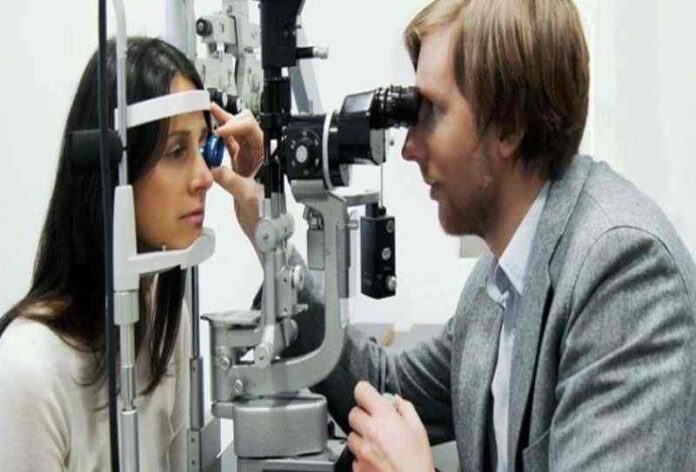
Some people think that they can save money by visiting a general practitioner or optometrist and skipping an eye specialist. This couldn’t be farther from the truth, as eye specialists are not just “specialists in eyes.” Eye specialists address all of the health issues related to your vision, and this includes blood-vessel problems, glaucoma, infections, and inflammation of the retina and optic nerve.
Therefore, it is imperative that you see an eye specialist at least once a year for an exam so that any potential health issues can be identified before they become more serious.
How do you know if you need to visit an eye specialist?
One sign is if you experience regular headaches or pain in your eyes upon waking up in the morning. Another sign is if your vision becomes blurry or difficult to focus on objects at a distance. so if you are wondering where to do eye check-up in Singapore, there are specialists in Singapore who can help you.
You need to see one if you develop floaters in your vision or flashes of light in your eyes. In some cases, you may need to visit an eye specialist immediately, so don’t wait any longer if you experience any of these symptoms.
6 FUNCTIONS OF AN EYE SPECIALIST
1. Eye exams
Eye specialists give comprehensive eye exams from checking the health of your eyes to evaluating their functions. During the exam, an eye specialist will check for conditions like glaucoma, retinal tears, or macular degeneration.
He or she will also examine your pupils to make sure that they are responding properly and specifically check for color blindness and other vision deficiencies. After diagnosing any problems, an eye specialist will develop a treatment plan with you so that you can start improving your eyesight as soon as possible.
2. Treatments for diseases and disorders
In some cases, eye specialists may recommend prescribing antibiotics or drops to treat inflammatory conditions such as conjunctivitis or blepharitis. In other cases, they may recommend surgery in order to treat your condition or repair any damage to your eyes.
Eye specialists who specialize in refractive and strabismus surgery can also prescribe glasses or contacts if you need them.
3. LASIK
LASIK is a surgical procedure that shortens or permanently changes the shape of your cornea so you can see clearly without needing glasses or contacts. During the procedure, an eye specialist will sculpt the surface of your cornea by using an excimer laser, then place a mold on top of it and use ultraviolet light to harden it so that it becomes stable.
When you stick out your eyes to see clearly, the excimer laser will carve away the mold without damaging any of your corneas.
4. Cataract removal
If you’ve been suffering from vision problems for a long time, an eye specialist may recommend cataract surgery. Cataracts are cloudiness inside the lens of your eye that reduces vision or causes visual distortions like seeing double images or defects.
Cataracts can be treated so that they don’t become more severe and cause further damage to your vision. Your eye specialist will remove cataracts using a surgical procedure that uses heat and suction to remove them from the lens of your eyes.
5. Surgery for retinal tears or detachments
If you have a retinal detachment or tear, you need to see an eye specialist for immediate treatment. A retinal tear can cause flashes of light to appear in your vision that appear in your peripheral vision. Once it becomes more severe, the detachment will become noticeable by causing you to see double and see bright white spots in front of your eyes.
The surgery will be conducted by removing a piece of the retina and reattaching it behind the original location. A new piece of the retina is then grown over the area where the original one was removed so that there’s no risk of bleeding during the surgery.
6. Ophthalmology treatment
An eye specialist would not just conduct all of the procedures above, but also address any problems in other areas of your vision. This means that they will address the function of your vision much like an ophthalmologist would.
This means that they would examine your eyes and if needed assess the health of your retina and optic nerve to determine if there’s anything wrong with them. An eye specialist may also give you recommendations on how to correct these issues, such as helping you make sure that you’re wearing proper glasses or contact lenses.
Conclusion
The bottom line is that eye specialists are not just for eye health. If you’re having vision problems, you need to see an eye specialist so that he or she can address any other health issues related to your eyes and the rest of your body.

